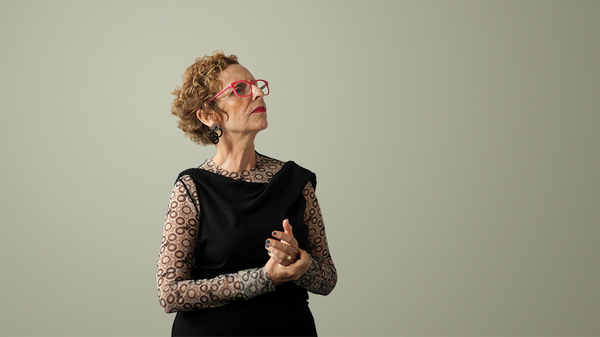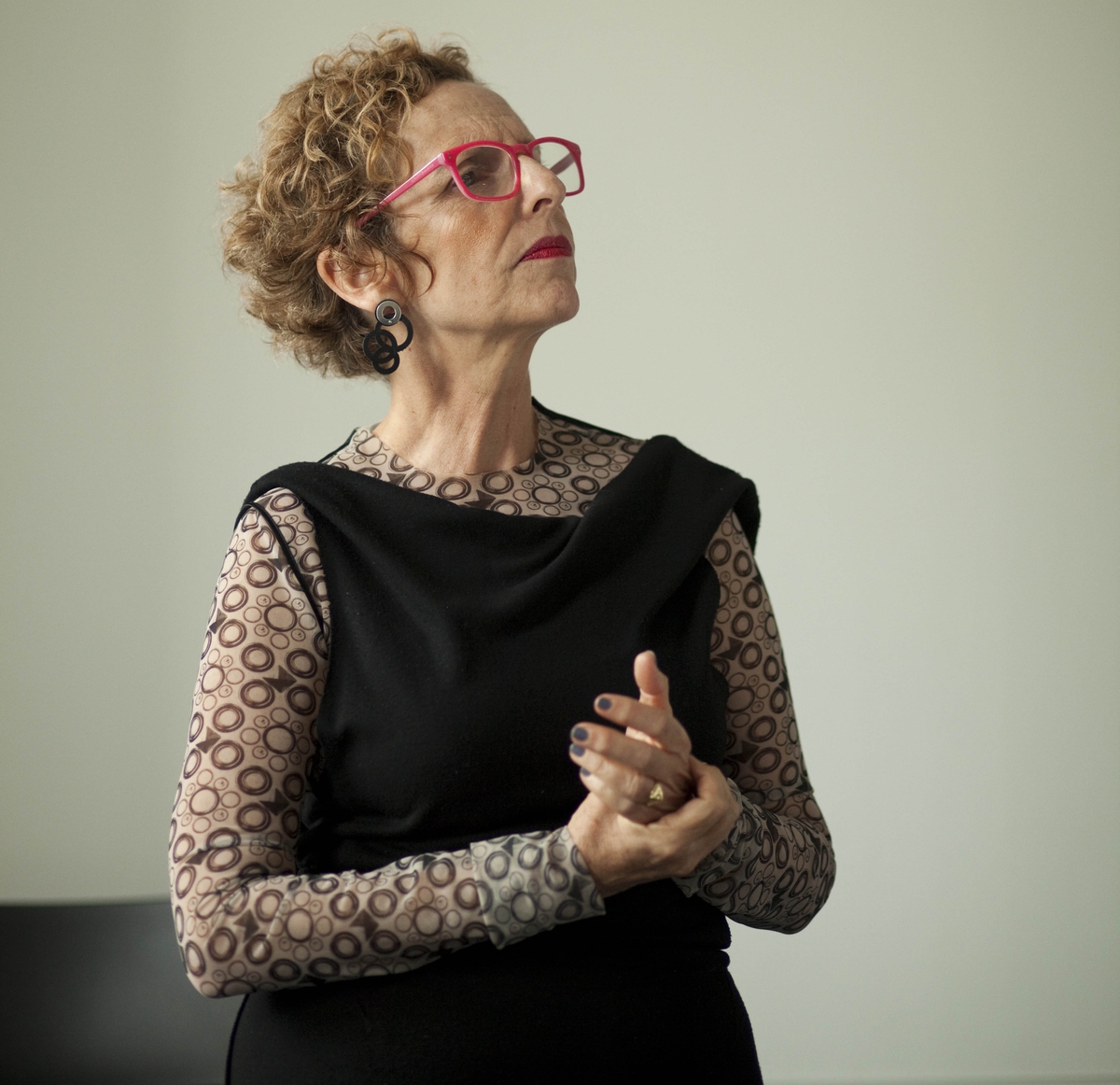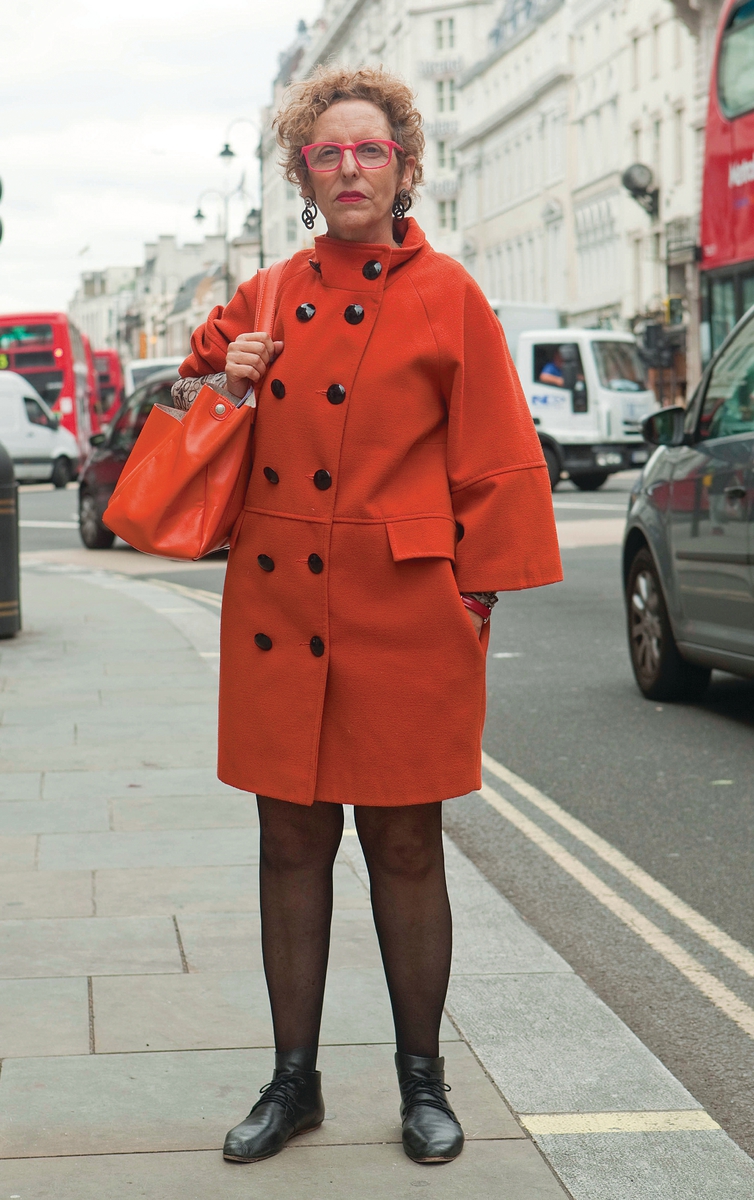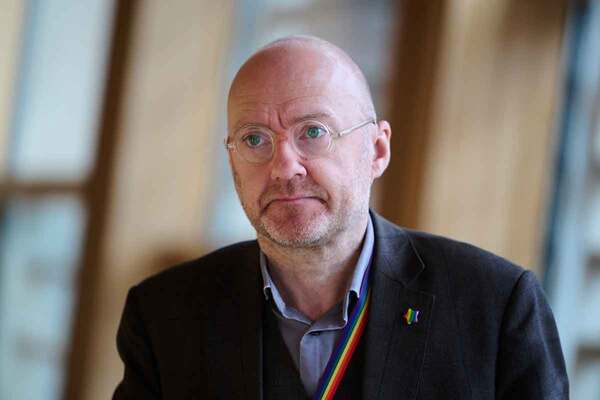The woman from Brazil
UN special rapporteur Raquel Rolnik ruffled plenty of feathers last week after rubbishing UK housing policy. But how did she form her opinions and can the government afford to dismiss them so lightly? Pete Apps investigates
‘The UK has one of the best, best affordable and social housing schemes in the world,’ says the UN special rapporteur on adequate housing.
‘In most of the countries in the world, if you are poor that you means you are very badly housed. Period. This is not true in the UK. This is an astonishing fact, and that’s why the UK should not go backwards. This is very, very important.’
Her voice nearly cracks with the emotion she puts into the last sentence, and the dictaphone picks up the thump of her fist banging the table to emphasise the point.
Raquel Rolnik has just gone public with her concerns about a variety of UK housing policies, including the bedroom tax and help to buy, which she thinks endangers the UK’s aforementioned reputation for providing affordable housing.
The Daily Mail was quick to observe that Ms Rolnik, a Brazilian architect and urban planner, comes from a country with huge housing problems. Despite claims this background makes her a hypocrite for ‘lecturing’ the UK, it is in fact the reason she is so passionate about scrutinising the coalition’s housing policies. In short, Ms Rolnik sees the UK as a beacon for what can be achieved with social housing, and is desperate not to see it undermined. And it is this passion that has led her to rattle a few cages during her two-week visit to the UK.
So who is this ‘woman from Brazil’, as Conservative Party chair Grant Shapps referred to her, and what does she actually have to say about UK housing?
After criticising flagship government policies, Ms Rolnik has seen herself described as a ‘loopy leftie’, a ‘witch-doctor who practices animal sacrifice’ and a Marxist by various tabloids and members of the Conservative Party.

For her part, she says she has never faced such an aggressive response from a government, in trips to locations as diverse as Rwanda, Kazakhstan and the United States.
It is unlikely that when her trip was arranged, as part of the UK’s obligations under the UN Convention on Human Rights, the government was expecting a character like Ms Rolnik.
Her bright pink glasses, bright red lipstick, hoop earrings and ginger curls look more maverick modern artist than international bureaucrat. And she is willing to be surprisingly outspoken on a range of issues, despite the brevity of her fact-finding mission.
Assertive views
In her press conference last Wednesday, she roams from the need to impose a duty on local authorities to provide pitches for Gypsies and Travellers, to the government’s controversial help to buy scheme. On the latter, she says: ‘It is helping the construction sector back to work… but the problem is that if the housing sector provides new homes for higher incomes, that won’t solve the situation, so I would say that is not sufficient.’
She even lays into large homes being left empty after being bought by foreign investors and was willing to be drawn on bedroom tax protestors being banned from marching on the Liberal Democrat conference.
During her visit to Belfast, she picked up on the concerns of Catholic communities over segregation, as the country prepares for the break-up of the massive 89,000-home Northern Ireland Housing Executive. ‘You can see that the housing needs of the Catholic community is bigger, larger specifically in north Belfast, despite the work the housing executive has done… Housing is very, very, segregated.’
‘If you fragment [the NIHE] into several social landlords, how much will that cut under the existing work on segregation and discrimination? It’s a concern,’ she adds.
It’s this range of opinions that have left some questioning Ms Rolnik’s analysis. For instance, Cameron Watt, chief executive of the Northern Irish Federation of Housing Associations, feels she was too quick to judge the situation. ‘Issues around the division of communities over here are very complex and deep-rooted, and within a day or two of being here, I don’t think any outsider could fully grasp them,’ he says.
This is a familiar theme. There is some truth in the point Conservative MP Nadhim Zahawi made in an explosive debate with her on Channel 4 News. He said Ms Rolnik has allowed herself to become a political football because her views echo those of pressure groups and newspaper campaigns.
While Ms Rolnik denies that she came to the UK with bias, she was clearly filled with a sense of mission. She describes mixed communities as ‘a miracle’, and when she says she is saddened by the ‘retrogression’ in the UK’s social housing, she means it.
Fight for human rights
During her London press conference, she builds herself up into a shouting, gesticulating rage when explaining her opposition to the ‘so-called bedroom tax’.
‘I am not talking about numbers, I am talking about human beings,’ she says. ‘Even if it is causing harm for just one individual, that is already a breach, and if there is any danger of human rights violations, we have to suspend the policy.’
This seems an extreme stance to her opponents. Human rights are developed on the basis of proportionality - they are a balancing act at policy level, and it is accepted by human rights judges that some rights can be infringed in certain ways to protect another.
These concerns led human rights lawyer, and pro-human rights blogger Adam Wagner to tweet: ‘I think the government was unnecessarily intemperate over the bedroom tax UN investigation but I can see their point.’
Ms Rolnik certainly wanted the publicity. Her critics slammed her for accepting a ‘dossier of evidence’ against the bedroom tax from Scottish newspaper the Daily Record - a fierce critic of the policy - and briefing the Guardian on her findings before the government.
But she has media coverage at the top of her list of priorities. ‘You are the most important,’ she tells the journalists after the press conference. ‘Without you the mission does not happen.’
This is pragmatic. She accepts that what she says are ‘just recommendations’ and even if the UN Human Rights Council does choose to grill Britain on them, the UN has no power to force through any changes.
The legal implications of her findings are also small in comparison to the coverage she has generated. Giles Peaker, a partner at Anthony Gold solicitors, says at most ‘[Ms Rolnik’s findings] might have some small persuasive impact on a district judge as a minor part of a challenge to the bedroom tax’.
Asked if other governments have implemented what she recommended, she replies: ‘It really depends on the government, but it also depends on the society concerned. Our presence here opens a debate in the society, so it is the British society that finally will have something to say about that.’
Sparking debate
And as Grainia Long, chief executive of the Chartered Institute of Housing, says, the points she has made should not get lost in the discussion around her conduct.
‘We will miss a massive opportunity if we allow an instinctive reaction to take over a much more important point,’ she says. ‘She came here to analyse housing from a human rights perspective, and the sector should take on board what she had to say.’
One of the key recommendations Ms Rolnik will make to the UN is for the UK to renew grant funding for social homes. Driving social landlords to private finance markets will have a knock-on effect on rents, she warns. And even in times of austerity, funding for housing should be protected.
The government clearly feels she is overstepping her brief by telling it how and where to spend its taxpayers’ money. But this unpaid rapporteur has an almost religious fervour for the right to housing that has led her to say exactly what she thinks.
‘I have met grandmothers who want to have their grandchildren come and stay at the weekend, but they will have to tell them they cannot, or run the risk of arrears,’ she says. ‘I have seen disabled people being told they are going to have to move out of a house that has been adapted for their needs.
‘I have seen people who are saying they have nowhere to go, that they are thinking about suicide.’
She pauses.
‘This cannot be right.’
What did Raquel Rolnik tell other countries?
Raquel Rolnik made waves for ‘lecturing’ the UK, but she has been no less outspoken on her 10 previous missions:
- In Israel last year, she recommended the repeal of ‘discriminatory’ laws under which the state had established 700 Jewish communities since 1948, but none for Palestinian communities in Israel.
- In 2010, she told the United States to immediately stop the demolition or disposition of public housing, until one-for-one replacements could be secured, and right to return guaranteed for all residents.
- In Rwanda, also last year, she told the government to review its ‘villagization’ policy, which saw communities moved, sometimes forcibly, into new villages. She recommended the introduction of judicial review procedure in the African state to challenge the government’s actions.
- In Algeria in 2011 she said that ‘in the light of widespread gender discrimination’, the government should give women the same legal standing as men in terms of homeownership, use and disposal of the property, and guarantee access to housing for single, widowed and divorced women.
We asked Inside Housing readers: Did the UN special rapporteur Raquel Rolnik act professionally during her investigation into UK housing?
Yes - 66 %
No - 21 %
Don’t care - 12.9%










